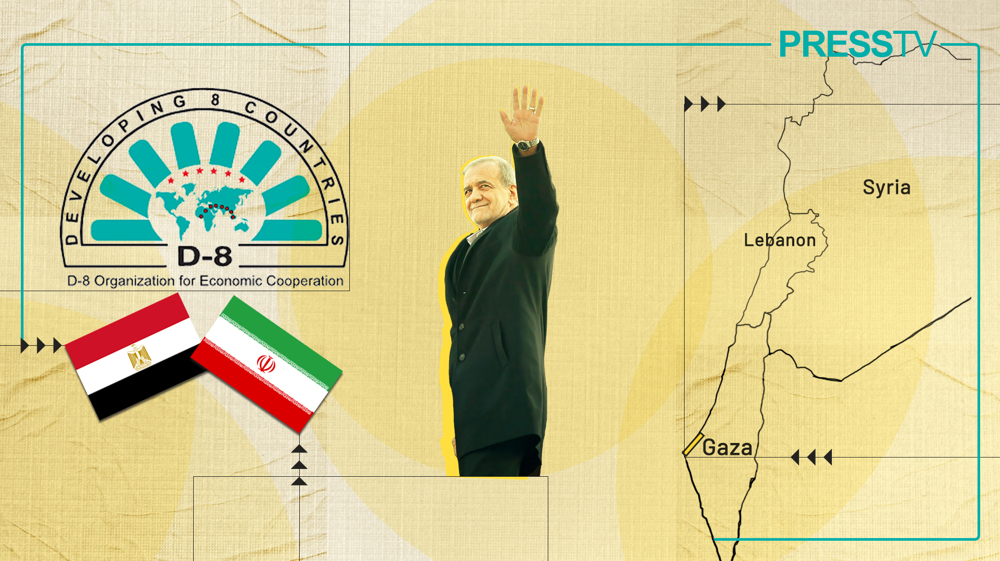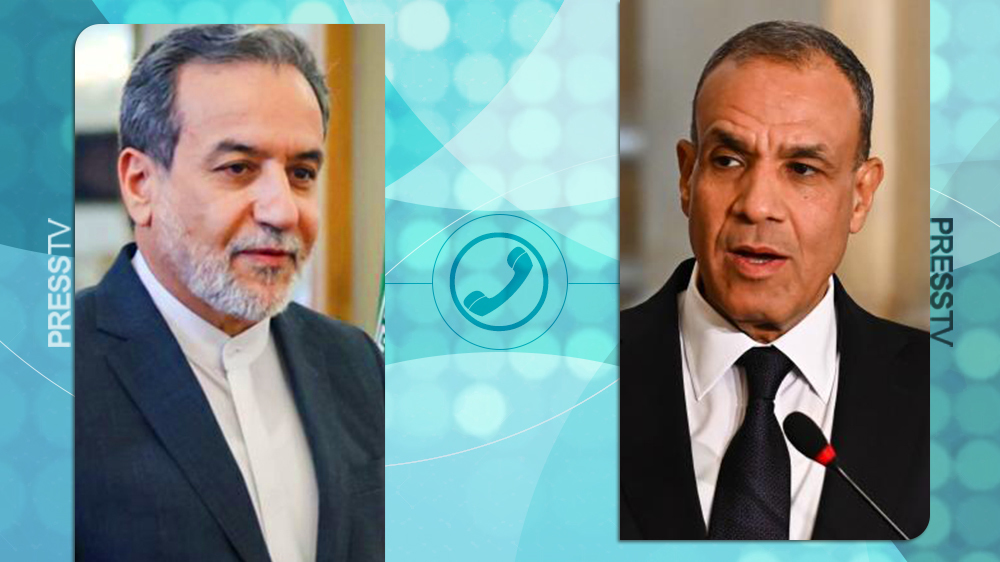Giant ship grounding blocks Egypt's Suez Canal
Tug boats worked Wednesday to free a giant container ship stuck in the Suez Canal after it veered off course in a sandstorm, creating huge tailbacks on one of the world's busiest trade routes.
Egypt's Suez Canal Authority said it was trying to refloat the Taiwan-run, Panama-flagged MV Ever Given, a 400-metre (1,300-foot) long and 59-metre wide vessel, which was wedged across the waterway.
The Suez Canal is one of the world's most important trade routes, providing passage for 10 percent of all international maritime trade.
The SCA said the stranded ship was caught up in a gale-force sandstorm, a common occurrence in Egypt's Sinai desert at this time of year, which blotted out light and limited the captain's ability to see.
It was "mainly due to the lack of visibility due to the weather conditions when winds reached 40 knots, which affected the control" of the ship, the SCA said.
Ship operator Evergreen Marine Corp said the Rotterdam-bound vessel "ran aground after a suspected gust of wind hit it".
Storms with dense dust clouds carrying fine sand have swept across much of the Middle East since Tuesday.
Shipping monitors MarineTraffic said the vessel had been in the same position since at least Tuesday afternoon.
"Rescue and tug units are continuing their efforts" to free the MV Ever Given, involving at least eight tug boats, SCA chairman Admiral Osama Rabie said on Wednesday morning.
'Stuck sideways'
Photographs released by the SCA also showed excavators onshore digging soil from the canal's bank, with the earth-moving equipment dwarfed by the giant hull towering above.
A MarineTraffic map showed large clusters of vessels circling in both the Mediterranean to the north and the Red Sea to the south.
Historic sections of the canal were reopened in a bid to ease the bottleneck, with dozens of ships waiting at both ends of the waterway.
A source at the SCA said later that the first of the ships stuck to the north of the Ever Given had entered an alternative navigational channel and was on its way to the Red Sea.
"It is unclear at this point how long ships will remain in the transit area in the lakes region or if they will continue their journey southwards," the source told AFP.
Instagram user Julianne Cona posted a photo of the grounded ship from the Maersk Denver, which was forced to wait behind the Ever Given.
"Ship in front of us ran aground while going through the canal and is now stuck sideways," she wrote. "Looks like we might be here for a little bit."
The canal, which links the Mediterranean to the Red Sea, was opened to navigation in 1869, and was expanded in 2015 to accommodate larger ships.
The journey between ports in the Gulf and London, for example, is roughly halved by going through the Suez -- compared with the alternate route via the southern tip of Africa.
'Domino effect'
Even a short closure of the route has a big impact on "just in time" logistic chains, said Camille Egloff, transport and logistic expert at Boston Consulting Group.
While Egloff said the ship was in a "hyper-controlled environment" and suggesting it would be "a matter of hours" before traffic was moving freely again, the costs would add up.
"It costs a lot of money, because it blocks the traffic behind," she said.
"There will be a domino effect in all the European ports in the coming days."
Bjonar Tonhaugen, head of oil market research at Rystad Energy, was more optimistic in his assessment.
"The effect is likely to be small and transient" because "demand is currently soft amid the refinery maintenance season and concerns about extended lockdowns," he told AFP.
However, he warned "if the blockage lasts for more than a few days, it could impact prices more and for a longer time".
Nearly 19,000 ships passed through the canal last year carrying more than one billion tonnes of cargo, according to the SCA.
It has been a boon for Egypt's economy in recent years, with the country earning $5.61 billion in revenues from the canal in 2020.
President Abdel Fattah al-Sisi unveiled plans in 2015 for an expansion designed to reduce waiting times and double the number of ships using the canal daily by 2023.
Most of the cargo travelling from the Gulf to Western Europe is oil.
In the opposite direction, it is mostly manufactured goods and grain from Europe and North America headed to the Middle East and Asia.
(Source: AFP)
Hamas thanks Iran, Resistance Front following achievement of ceasefire in Gaza
'Capitulation': Israeli officials and media concede Gaza defeat as truce unfolds
'Gaza has won': Social media users react to ceasefire with mix of relief, joy
Iran seeks South Korea’s assistance for AI, fiber-optic projects
VIDEO | Iran's 'Eqtedar' (Power) maneuver
Israel hits HTS military target in Syria for 1st time since fall of Assad
VIDEO | Press TV's news headlines
Israel has slaughtered 13,000 students in Gaza, West Bank









 This makes it easy to access the Press TV website
This makes it easy to access the Press TV website